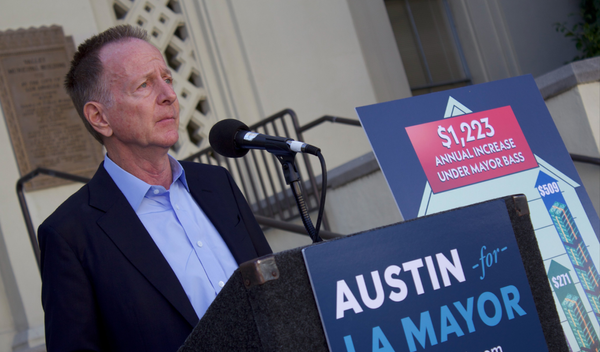THE Prime Minister has been put “on notice” that the next General Election can be used to secure a mandate to negotiate Scottish independence.
Alba’s Westminster leader Neale Hanvey wrote to the Prime Minister demanding that Sunak respond directly to a legal expert’s finding that the Supreme Court made “significant mistakes” in its ruling on whether the Scottish Parliament had the devolved competence to legislate for a referendum.
Hanvey urged the PM to incorporate his Self-Determination Bill into the Scotland Act to allow Holyrood to legislate for a referendum when it chooses.
The UK’s highest court ruled in November last year that the Scottish Parliament did not have the ability to hold an independence referendum without Westminster’s permission.
In June, Hanvey published a legal opinion by Professor Robert McCorquodale, which the party said was the first detailed criticism of the Supreme Court’s ruling.
McCorquodale, of London-based Brick Court Chambers, is also a member of the United Nations’ working group on business and human rights.
And now, Hanvey has written to the PM demanding that he “gives a straight answer” to whether or not Sunak believes the people of Scotland have the right to self-determination.
In his letter to Sunak, Hanvey (pictured above) told the PM that if the UK Government fail to accept an agreed route for the Scottish people to decide their own future then Westminster will be “on notice” that a pro-Yes majority victory at the next election, and all subsequent elections, will be a mandate for independence and to begin negotiations.
Alba has repeatedly called for pro-independence parties to join forces and stand one candidate in each Westminster seat, but the bid has been rejected by both the SNP and Scottish Greens.
It comes after First Minister Humza Yousaf set out his strategy for the next General Election, where the first page of the SNP’s manifesto will state that a vote for the party is a “vote for Scotland to become an independent country”.
Yousaf said that a win for the SNP at the next General Election would give the party the mandate to engage in withdrawal negotiations - if the Plan A gold standard referendum and Section 30 order call is rejected once again.
“The right of a people to self-determination is a cardinal principle of modern international law as set out in the UN Charter,” Hanvey wrote in his letter to Sunak.
“It states that peoples, based on respect for the principle of equal rights and fair equality of opportunity, have the right to freely choose their sovereignty and international political status with no interference.
“I would like to ask you therefore the straight question.
“Does Scotland in the opinion of your Government have the right of self-determination or not and I would appreciate a straight answer.”
Hanvey noted his Scotland (Self-Determination) Bill, which would amend the Scotland Act to transfer powers to Holyrood to allow the parliament to legislate for a referendum, gives the UK Government a “means to honour those principles”.
As Hanvey’s bill is a Private Members Bill, under the Ten Minute Rule, it is unlikely to become law.
However, he argued that Scotland should be given the same routemap to hold a referendum as is applicable in Northern Ireland, where legislation states that a poll on whether to leave the UK and rejoin a united Ireland can be held every seven years.
“In establishing the right of the People of Scotland to self-determination, it is now incumbent on your government to bring forward a legislative motion to incorporate my Bill into the Scotland Act (1998) and honour the obligations the UK has freely entered into by providing an equitable democratic remedy for the People of Scotland to choose their own constitutional future,” he added.
“Failing that action I serve notice that Alba will urge the people of Scotland at the coming election to vote for parties standing on an unequivocal mandate to negotiate independence for Scotland and to take the requisite democratic action domestically and internationally to exercise that mandate from the sovereign people of Scotland.”
Number 10 has been contacted for comment.
We previously told how McCorquodale said the Supreme Court ruling was “wrong in principle, wrong in law and runs contrary to the UK State’s obligations as a signatory to multilateral international treaty obligations.”
The legal expert said that there were international legal routes through which Scotland could declare independence, but added they were very limited.
Roddy Dunlop KC, dean of the Faculty of Advocates, said that the opinion was “very interesting”.







